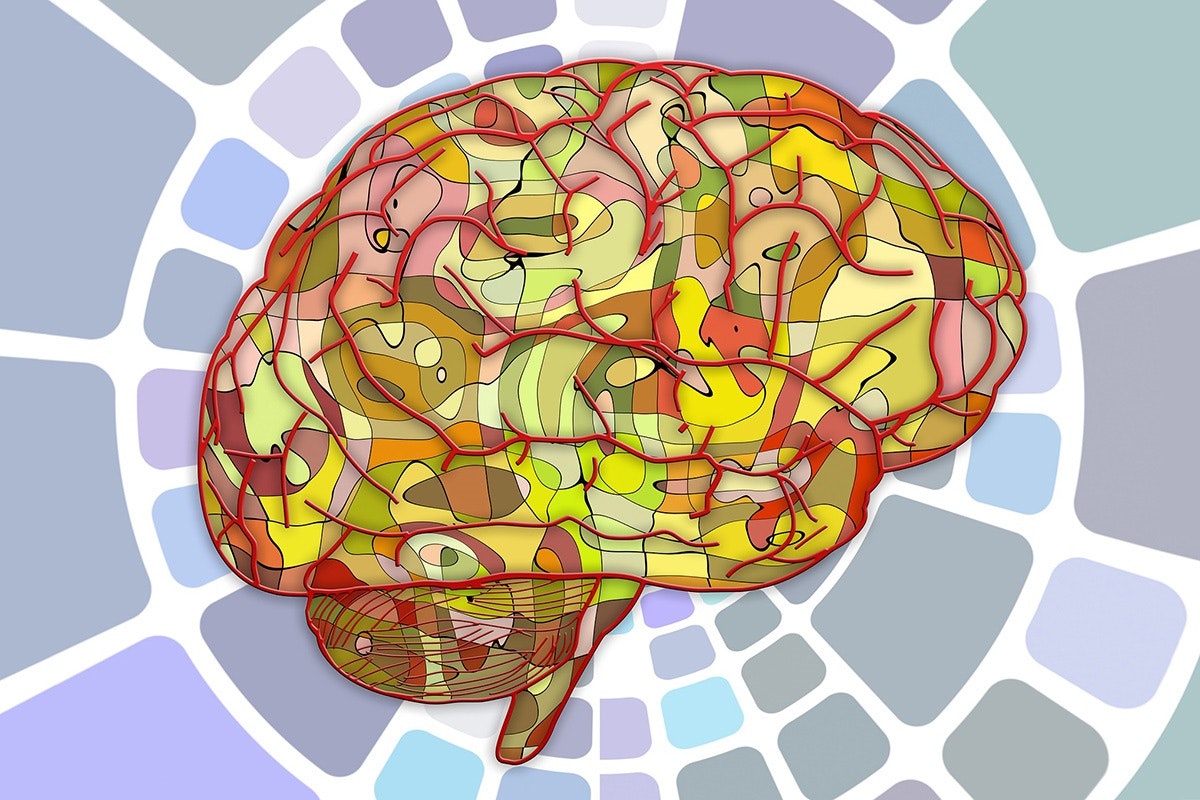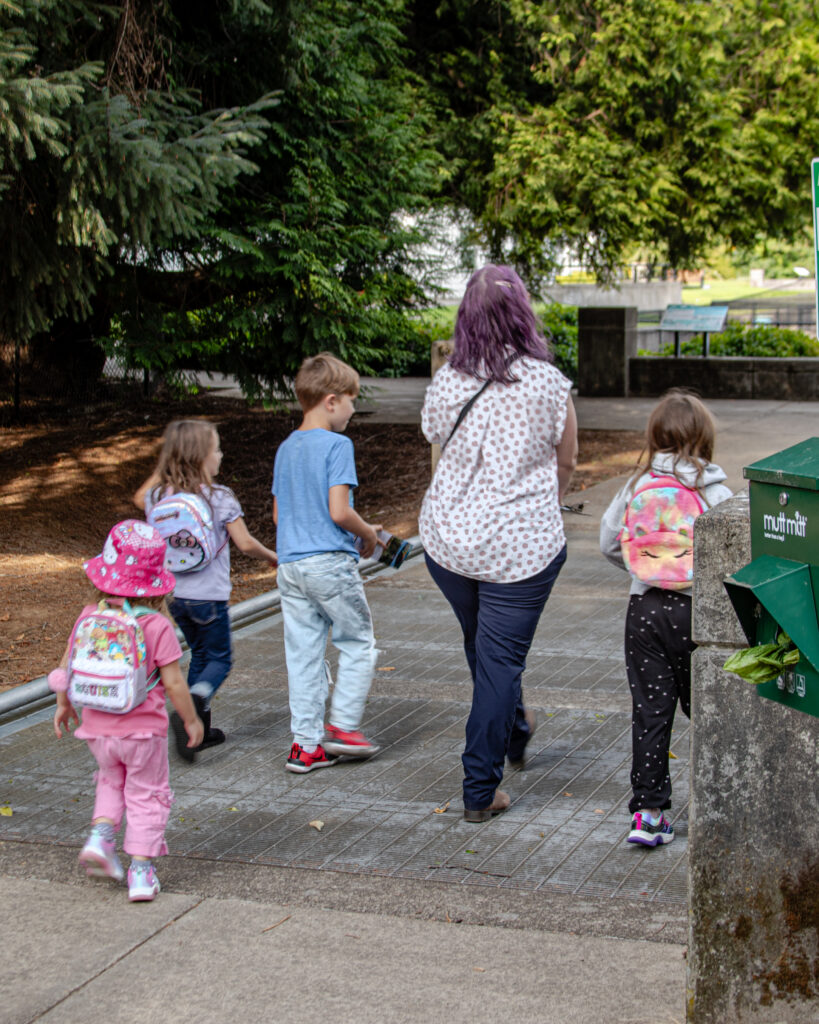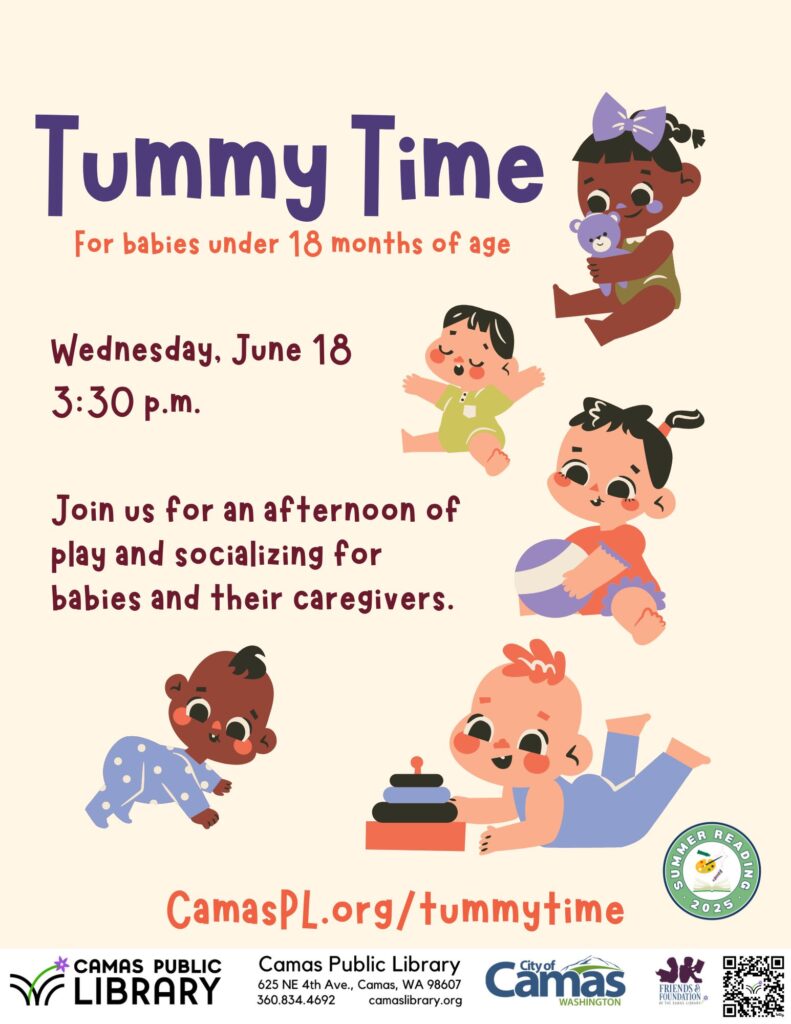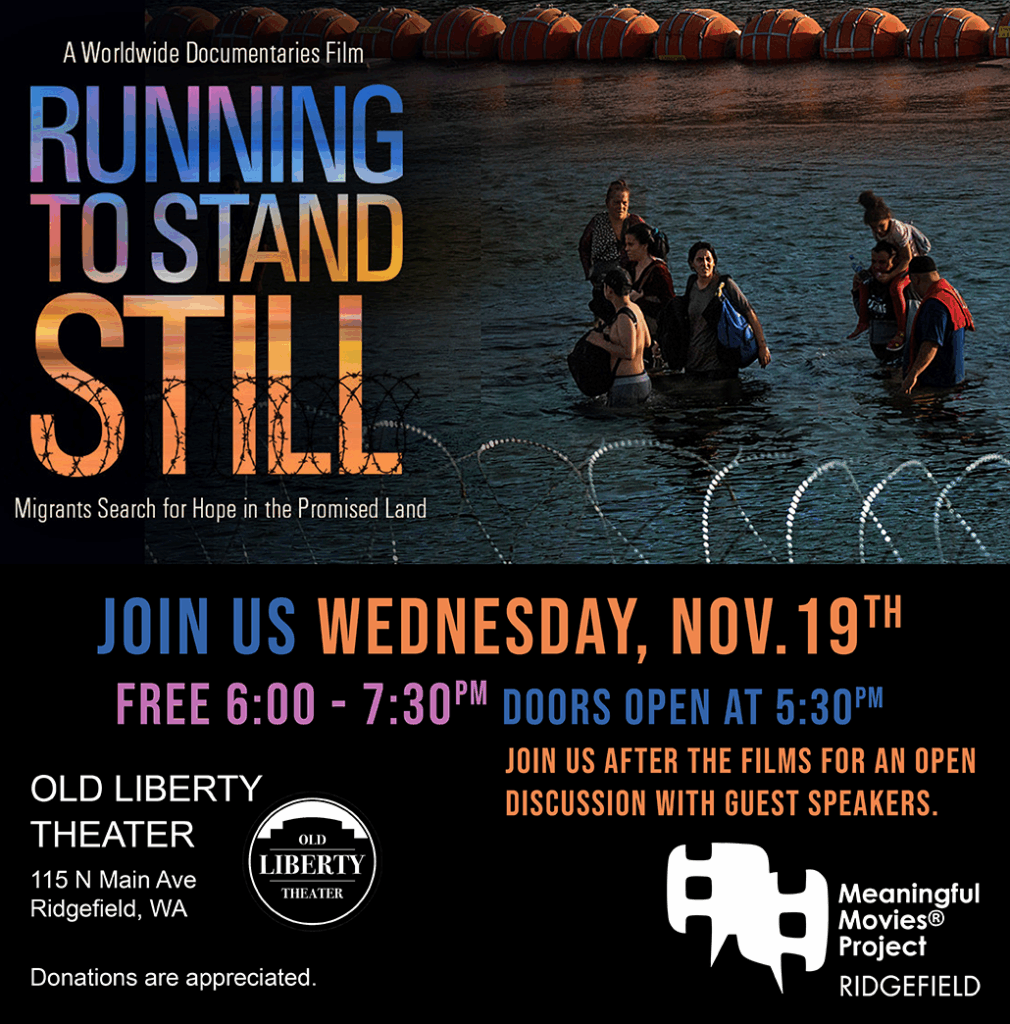Events

- This event has passed.
Science on Tap at the Kiggins: Using Neuroscience to Enhance Teaching and Learning
August 25, 2022 @ 7:00 pm - 8:00 pm
$15 – $45
The Kiggins Theatre presents Science on Tap — “Making Memories: Using Neuroscience to Enhance Teaching and Learning,” at 7 p.m. Aug. 25 at 1011 Main St., Vancouver. Tickets are $15 to $45, available at scienceontaporwa.org/events/kiggins_aug_25_memory/ or at kigginstheatre.com. Vaccine cards are required and checked at entry. Masks are recommended. The event is only in person at the Kiggins Theatre and will not be livestreamed.
How does your brain learn best? As the field of neuroscience uncovers the neural mechanisms of perception and learning, can we begin to bring these findings into the classroom to help improve how students learn? Back by popular demand, this hilarious Science on Tap will discuss the brain’s learning networks, emotional connections and how the visual and motor pathways influence what we process. Dr. Mark Pitzer demonstrates of how each brain circuit can be recruited by instructors to improve teaching/learning in and out of the classroom and how neuroscience can make learning truly memorable.
Pitzer is a neuroscientist at the University of Portland. For the last 25 years, he has worked to understand diseases of the brain. He has worked on techniques to improve the survival of newly transplanted brain cells as a treatment for Parkinson’s disease and, more recently, conducted experiments using a genetic technique to halt the production of toxic proteins in the brain as a potential treatment for Huntington’s disease. Currently, his lab is conducting experiments designed to identify the neural circuits and neurotransmitters that play a role in the personality changes that affect those who suffer from Huntington’s disease. Pitzer is also an award-winning teacher that uses the findings from the fields of learning and neuroscience to invoke enduring enthusiasm, curiosity and deep learning in his college students.


